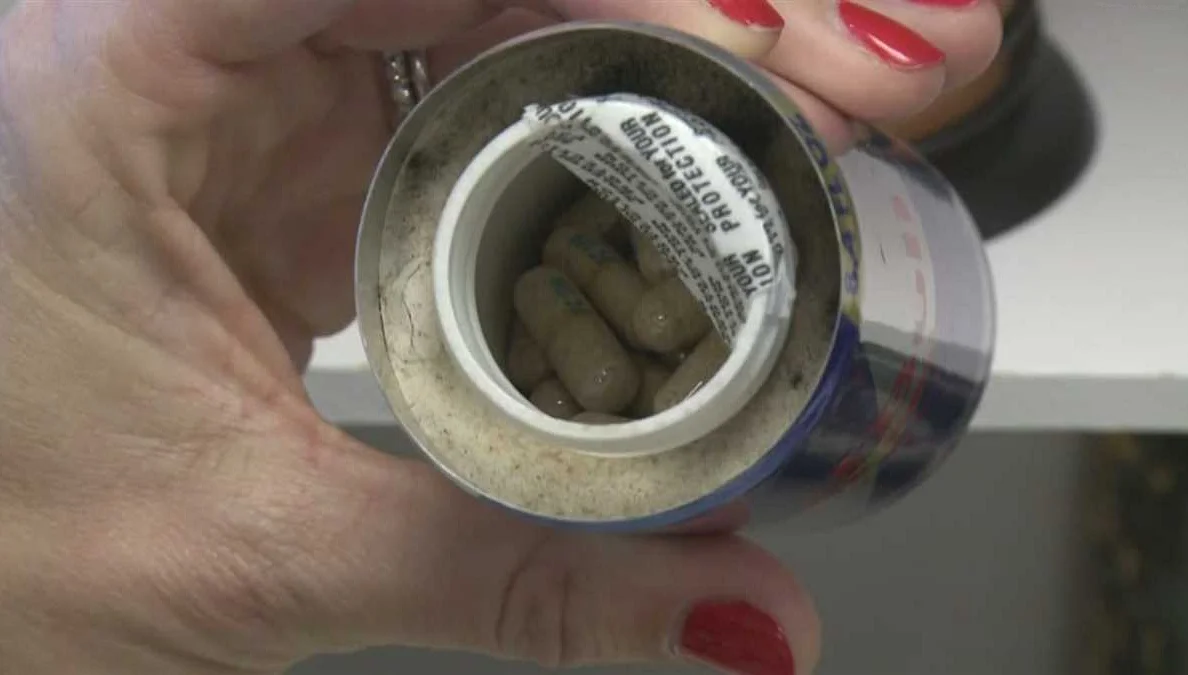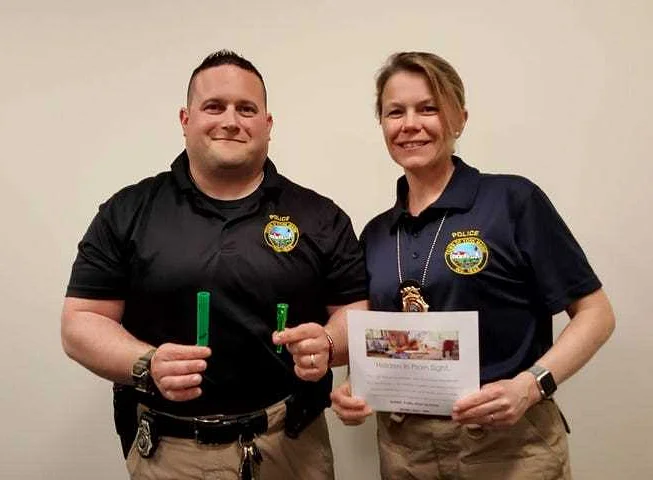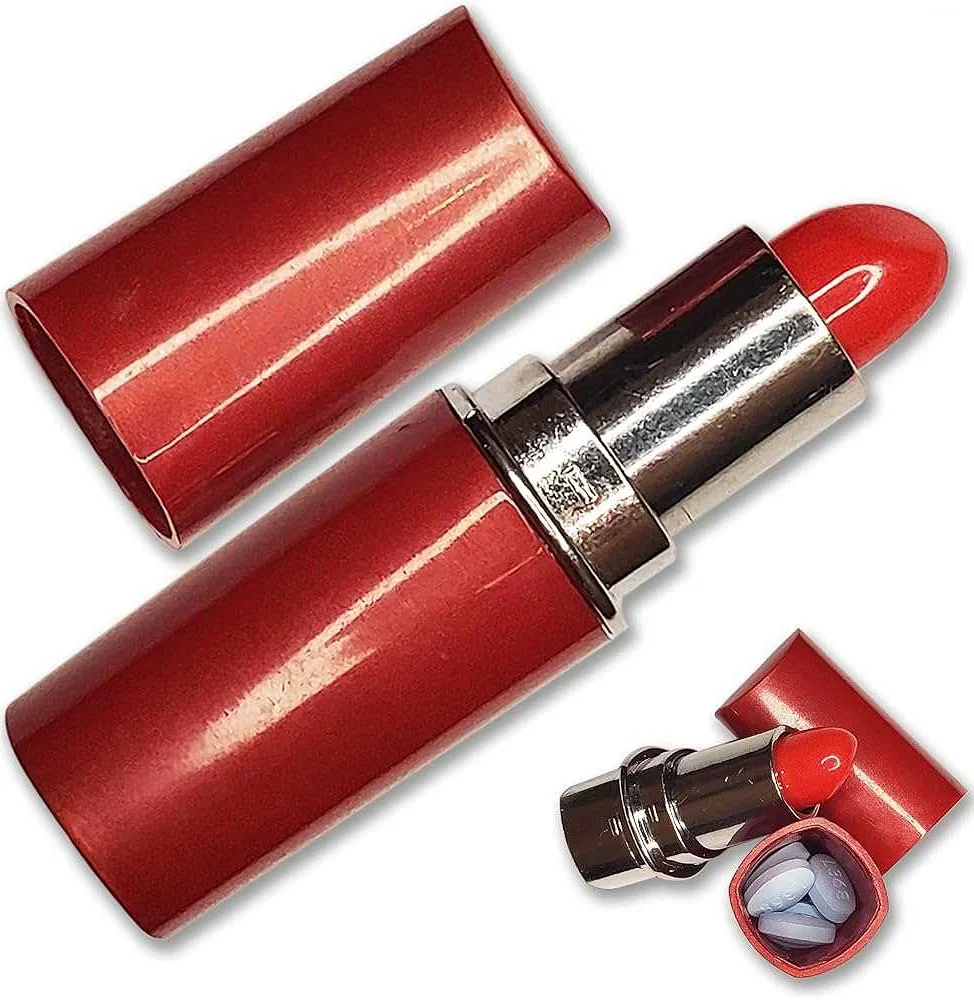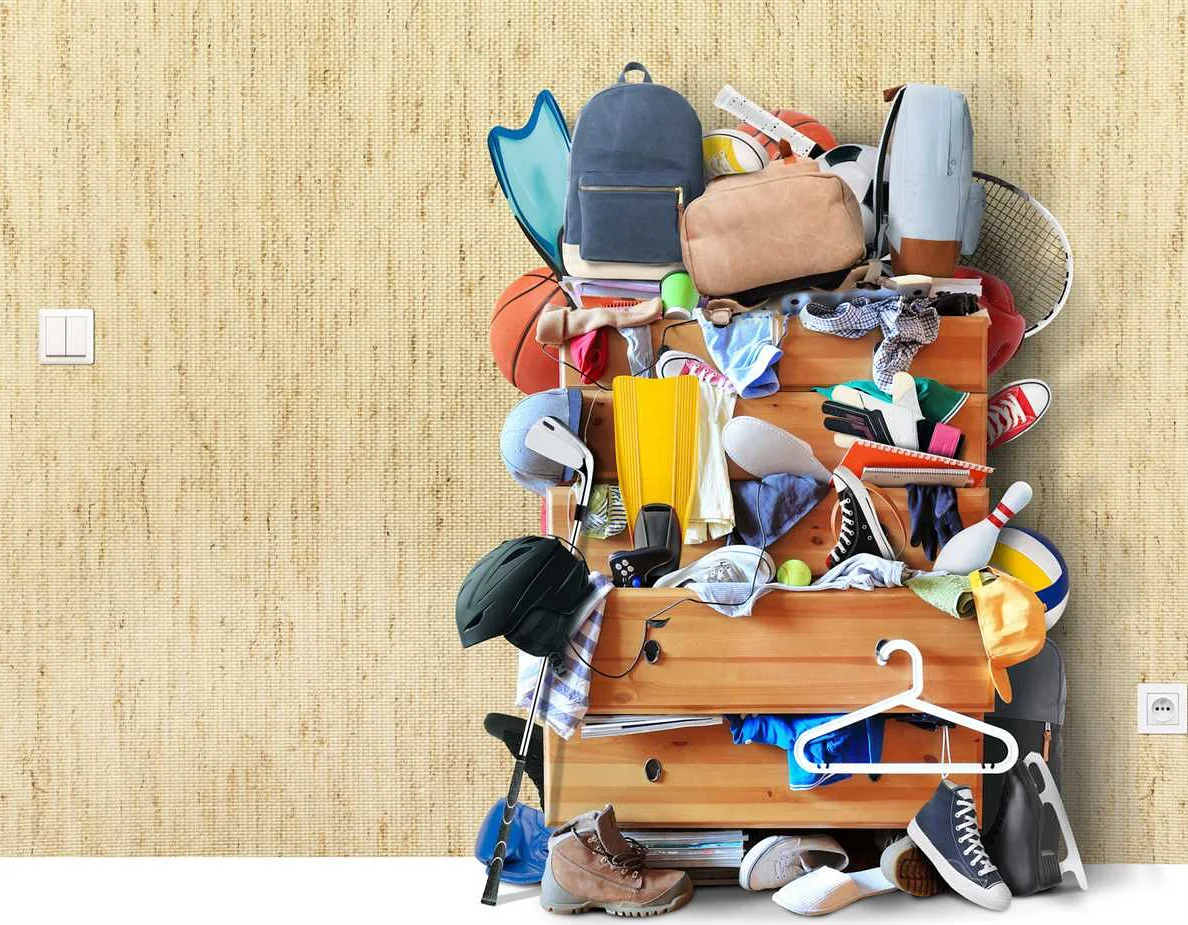Why You Shouldn’t Leave Medications in Plain Sight
Содержимое
Ensure your medications are stored safely and out of sight to prevent accidental ingestion or theft. Learn how to properly store and dispose of your medications to protect yourself and others.
Medications are powerful tools that can help us manage and treat various health conditions. However, when not stored properly, they can pose serious risks to our health and the health of those around us. One common mistake people make is leaving medications in plain sight, whether it’s on a countertop, in a purse, or in an easily accessible drawer. This seemingly harmless habit can have dire consequences.
Leaving medications in plain sight can be tempting, especially when we’re in a hurry or trying to remember to take them regularly. However, this practice can lead to accidental ingestion, especially in households with young children or pets. Young children are naturally curious and explore their environment, and pets may mistake medications for treats. Accidental ingestion can result in serious health complications or even be life-threatening.
In addition to accidental ingestion, leaving medications in plain sight can also increase the risk of theft. With the rising opioid epidemic and the easy access to prescription drugs, it’s important to be mindful of our medication storage practices. Leaving medications visible to others can make us targets for theft, putting ourselves and our families at risk.
Proper medication storage involves keeping medications out of reach and sight of children and pets. They should be stored in a secure, lockable cabinet or box that is inaccessible to others. It’s also important to store medications in their original containers with labels intact to avoid confusion. By taking these simple steps, we can reduce the risk of accidental ingestion and theft, ensuring the safety of ourselves and our loved ones.
Medication Safety: Protecting Your Family

Medication safety is essential for protecting your family’s health and well-being. It is important to keep medications out of reach and sight of children and others who may be tempted to misuse them. By following a few simple guidelines, you can ensure that your family remains safe and secure.
- Store medications in a secure location, such as a locked cabinet or drawer. This will help prevent accidental ingestion or intentional misuse.
- Keep medications in their original containers with clearly labeled instructions. This will help you identify the medication and its proper usage.
- Dispose of expired or unused medications properly. Contact your local pharmacy or healthcare provider for guidance on safe disposal methods.
- Keep track of your family’s medications by maintaining a medication list. Include the name of the medication, dosage instructions, and any potential side effects.
- Do not share medications with others, even if they have similar symptoms. Each individual’s medical condition is unique, and sharing medications can lead to unexpected complications.
- Educate your family members, especially children, about the dangers of medication misuse. Teach them to respect and understand the importance of following proper medication protocols.
By implementing these medication safety practices, you can create a safe environment for your family. Remember, prevention is key when it comes to medication safety. Take the necessary steps to protect your loved ones from unnecessary harm.
The Hidden Dangers of Leaving Medications Exposed

Leaving medications in plain sight may seem harmless, but it can actually pose serious dangers to both adults and children. The accessibility of medications can lead to accidental ingestion or misuse, resulting in potential harm or even fatal consequences.
One of the main risks of leaving medications exposed is the increased likelihood of accidental ingestion, especially among curious young children. Children are naturally curious and may mistake colorful pills for candy or other treats. Ingesting the wrong medication can lead to serious health complications, ranging from mild allergic reactions to organ damage.
Furthermore, leaving medications out in the open can also tempt individuals with a history of substance abuse or addiction. Prescription drugs, such as opioids or sedatives, can be highly addictive and dangerous when misused. The availability of these medications in plain sight can trigger relapse or lead to the development of a new addiction.
In addition to accidental ingestion and substance abuse risks, leaving medications exposed can also compromise their effectiveness. Medications should be stored in a cool, dry place to maintain their potency and shelf life. Exposure to heat, light, or moisture can degrade the medication’s chemical composition, rendering it less effective or even completely ineffective.
Proper storage of medications is essential to ensure the safety and efficacy of these substances. They should be kept in a locked cabinet or a secure area out of the reach of children and individuals with a history of substance abuse. Additionally, it is recommended to store medications in their original packaging, with clear labels to avoid confusion or mix-ups.
By taking simple precautions and ensuring medications are properly stored, you can help prevent accidental ingestion, misuse, and reduce the risks associated with leaving medications exposed. Your diligence can protect the health and well-being of your loved ones and contribute to a safer living environment.
Prevent Accidental Ingestion

Leaving medications in plain sight can increase the risk of accidental ingestion, especially for children and pets. To prevent this from happening, it is important to store medications in a secure and out-of-reach location.
One way to ensure the safety of medications is to use childproof containers or safety caps. These caps can be difficult for young children to open, reducing the likelihood of accidental ingestion. It is also important to keep medications in their original packaging, as it often includes important information about dosage and potential side effects.
| Keep medications locked away | Store medications in a locked cabinet or drawer to prevent access by children and pets. |
| Dispose of unused medications properly | Dispose of expired or unused medications through a drug take-back program or by following specific disposal instructions. |
| Be mindful of visitors | Inform guests or visitors about the importance of keeping medications out of reach and offer to store their medications safely during their stay. |
| Educate children about medication safety | Teach children about the dangers of ingesting medications without supervision and help them understand the importance of asking an adult before taking any medication. |
By taking simple precautions and being mindful of where medications are stored, you can help prevent accidental ingestion and keep your loved ones safe.
Avoid Misuse and Abuse

Leaving medications in plain sight can lead to misuse and abuse. This is especially true for prescription medications, which may be sought after by individuals looking to self-medicate or to sell them illegally.
When medications are easily accessible, there is a higher risk of accidental ingestion by children or pets, who may mistake them for candy or treats. This can lead to serious medical emergencies and even death.
Furthermore, keeping medications out of sight can also help prevent theft. Unfortunately, there are individuals who may target homes in search of prescription medications, as they can be valuable on the black market.
To avoid misuse and abuse, it is important to store medications in a secure and private location. Consider using a lockable medicine cabinet or drawer, or keep medications in a locked box or safe.
| Store medications in a secure location |
| Keep medications out of sight |
| Dispose of unused medications properly |
| Do not share medications with others |
| Keep medications in their original packaging with labels intact |
By taking these precautions, you can help ensure that your medications are used safely and responsibly, and reduce the risk of misuse, abuse, and accidents.
Protect Children and Pets
Leaving medications in plain sight can pose a serious risk to children and pets. Curious kids and animals may mistake them for candy or treats and accidentally ingest them, leading to potential poisoning or other harmful effects.
Children, especially toddlers and young kids, are naturally curious and tend to explore their surroundings. They may be attracted to brightly colored pills or tablets that resemble candy. Ingesting medications not meant for them can have serious consequences, including overdose or adverse reactions.
Pets, such as dogs and cats, are also at risk when medications are left out in the open. They can easily chew through pill bottles or containers, exposing them to potentially toxic substances. Even small amounts of certain medications can be extremely dangerous for animals.
It is important to store medications in childproof containers and keep them out of reach of children and pets. Consider storing medications in a locked cabinet or a high shelf to ensure they are inaccessible. Additionally, always remember to dispose of expired or unused medications properly to further minimize the risk.
Take extra precautions to protect your loved ones by:
- Keeping medications out of sight and reach
- Using childproof containers
- Storing medications in a secure location
- Properly disposing of expired or unused medications
By taking these simple steps, you can prevent accidental ingestion of medications and create a safe environment for children and pets.